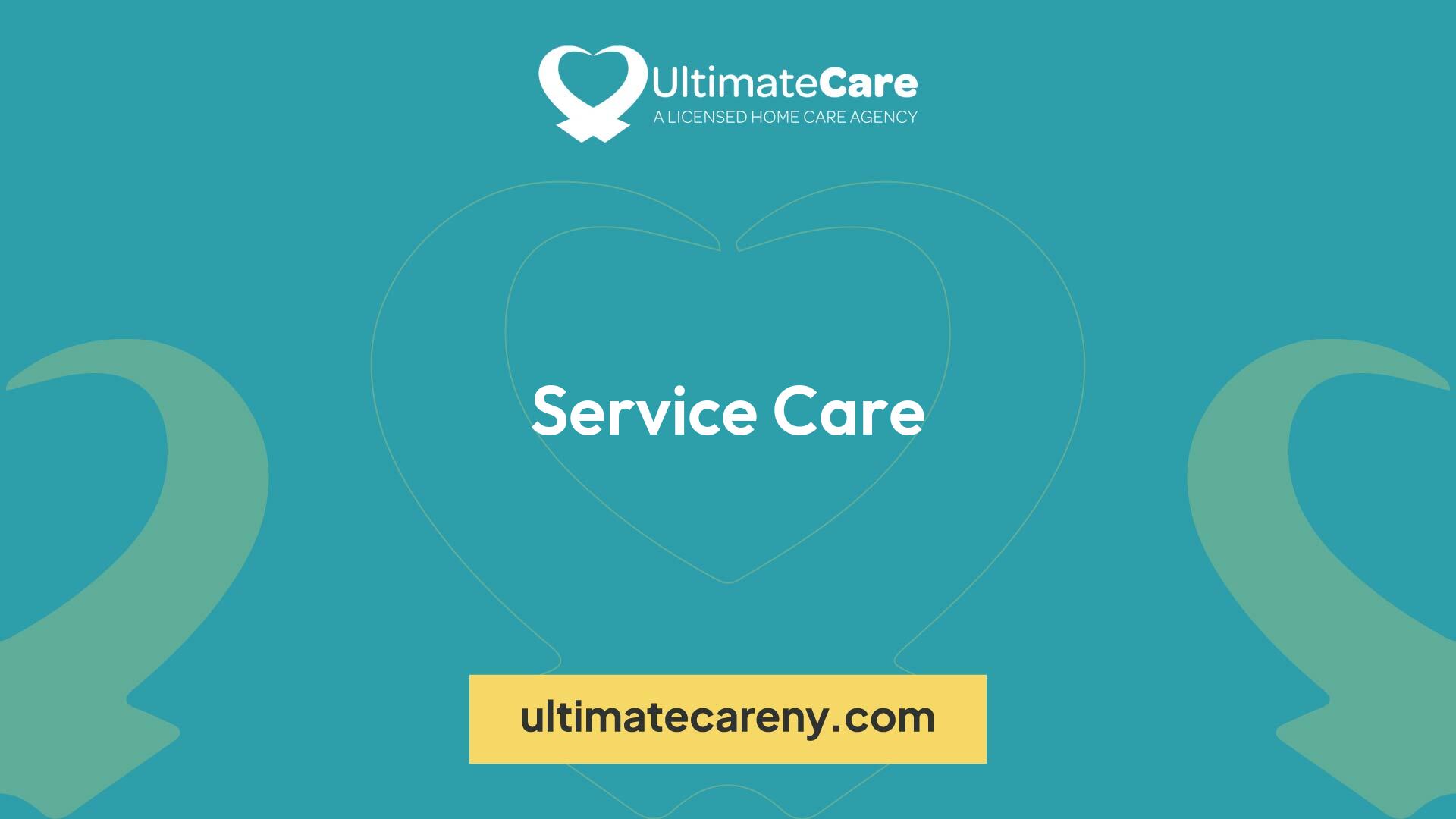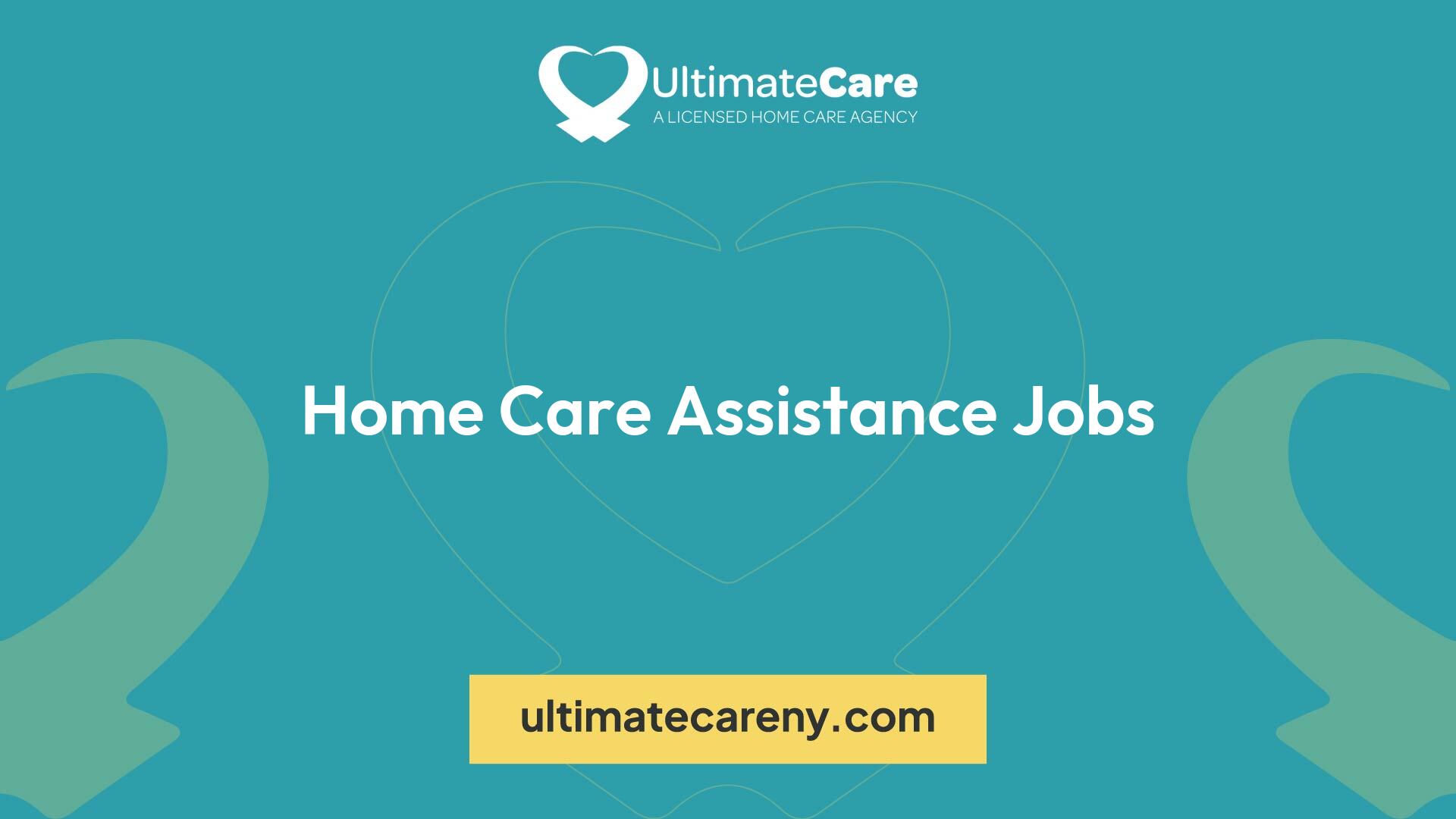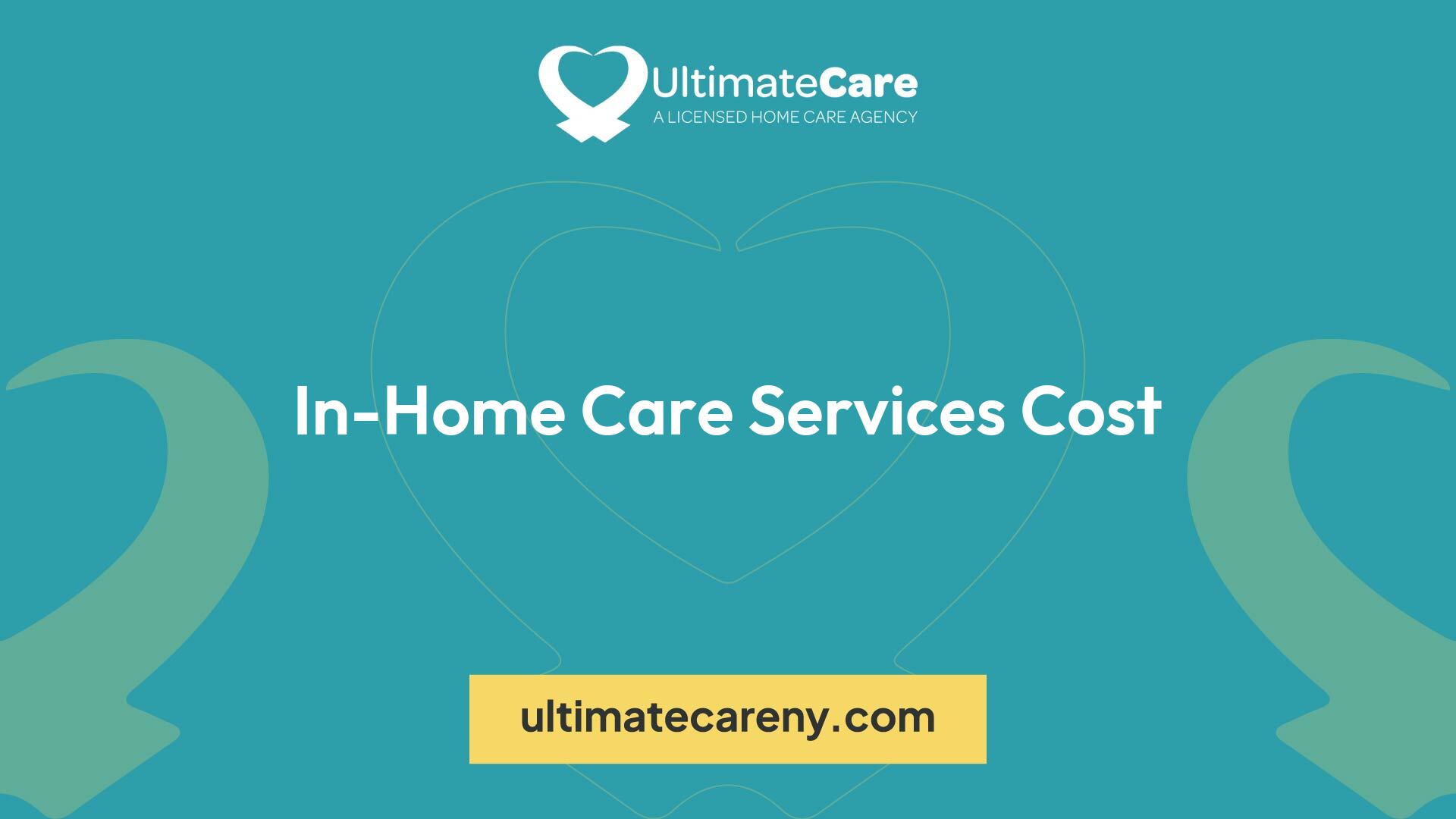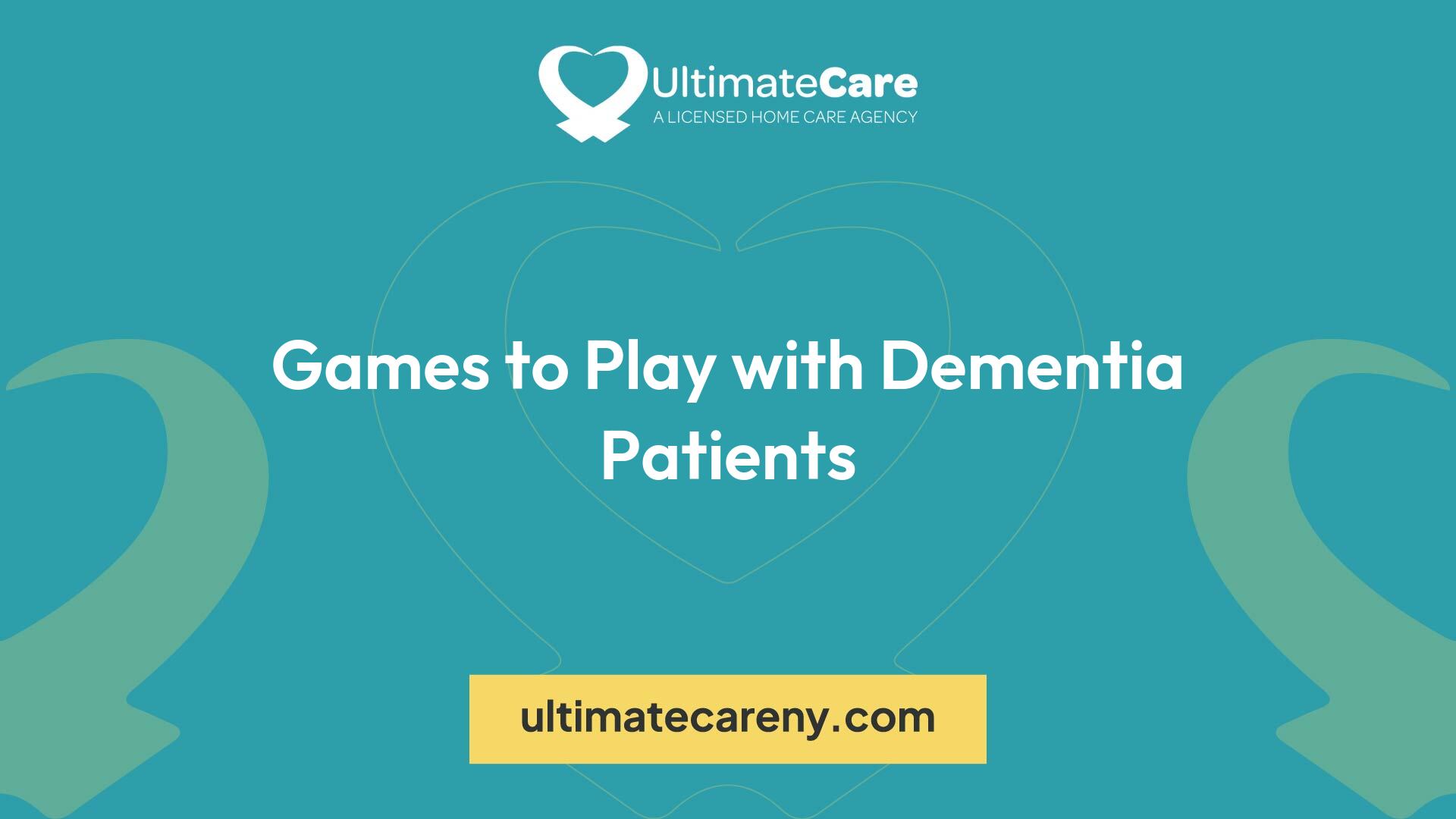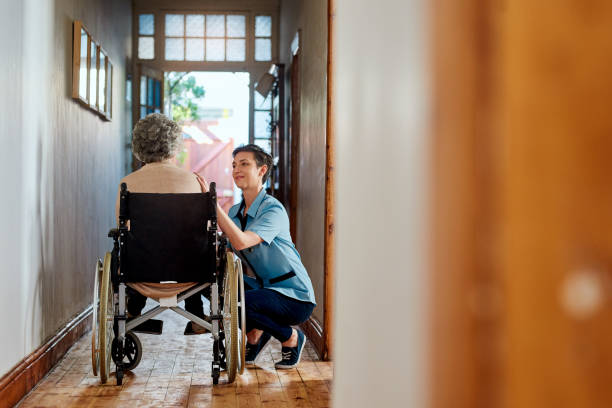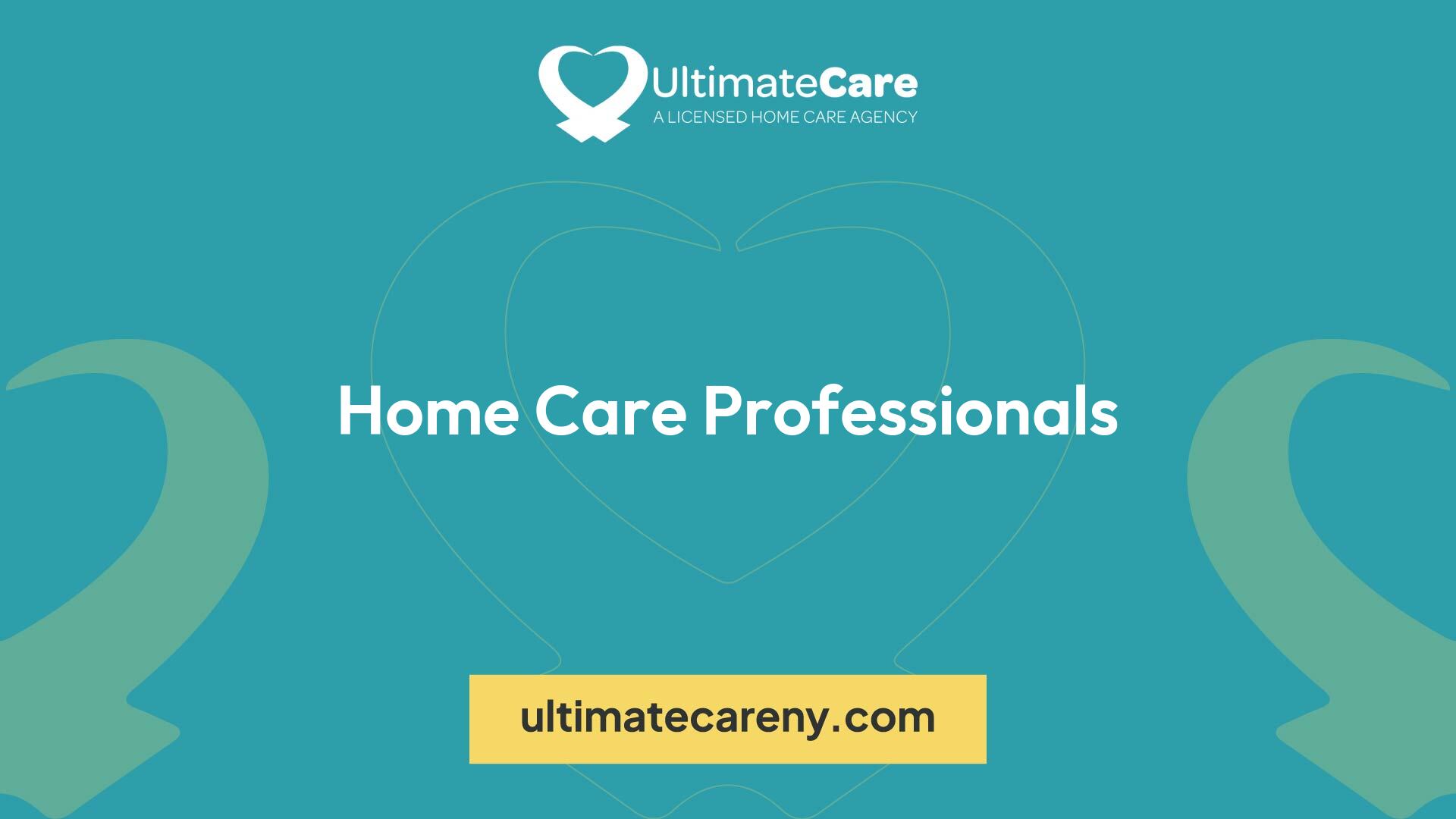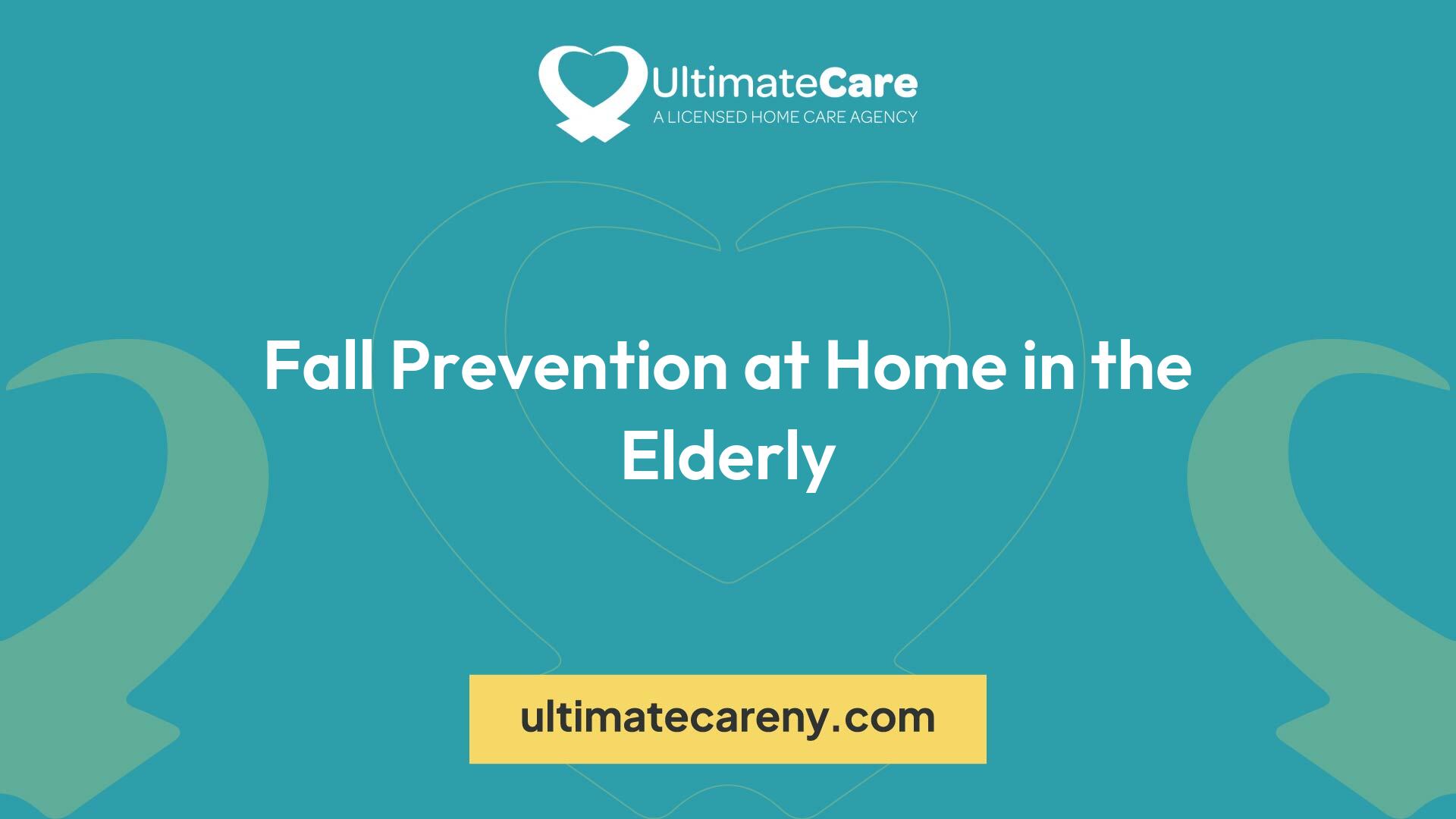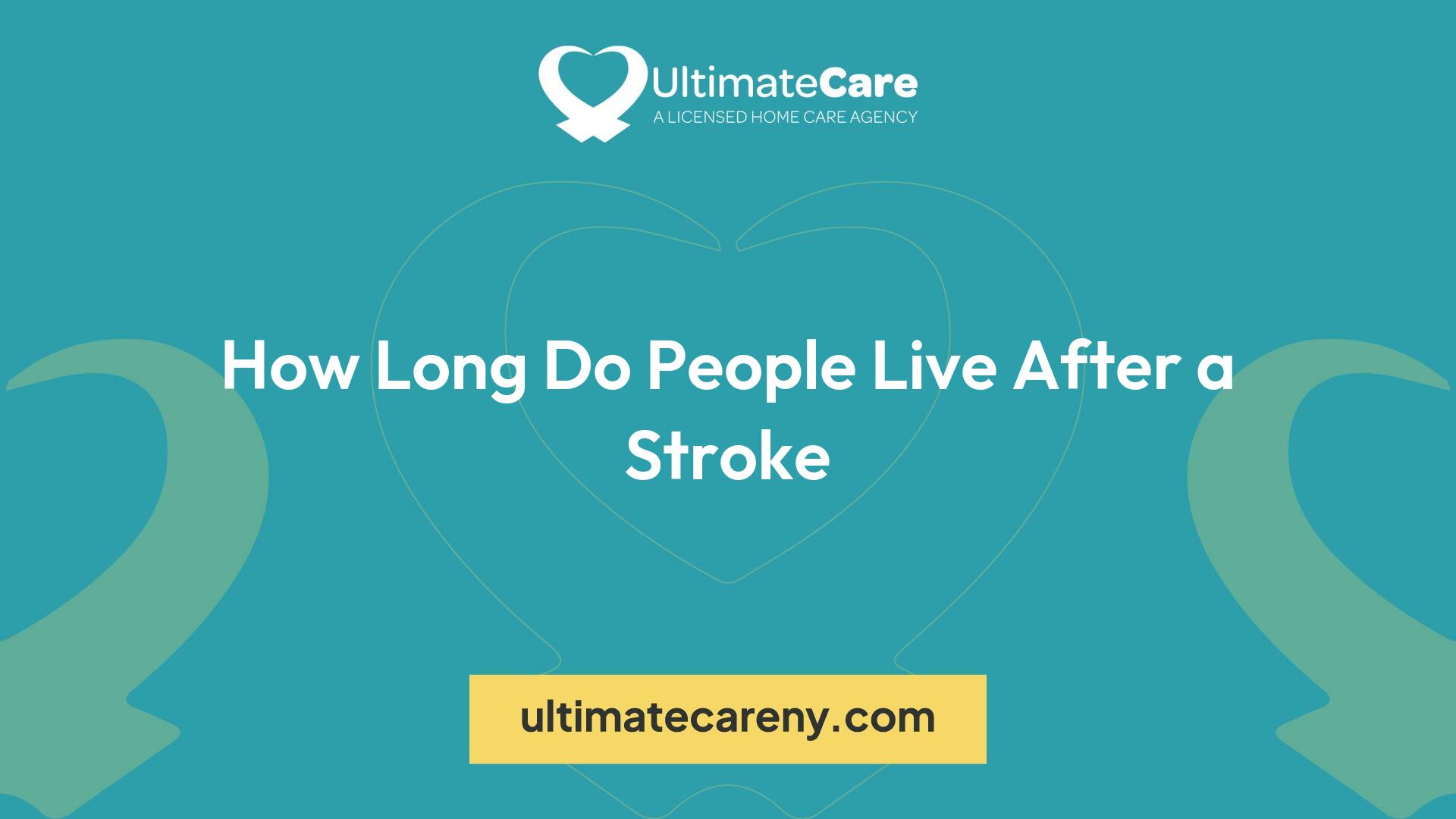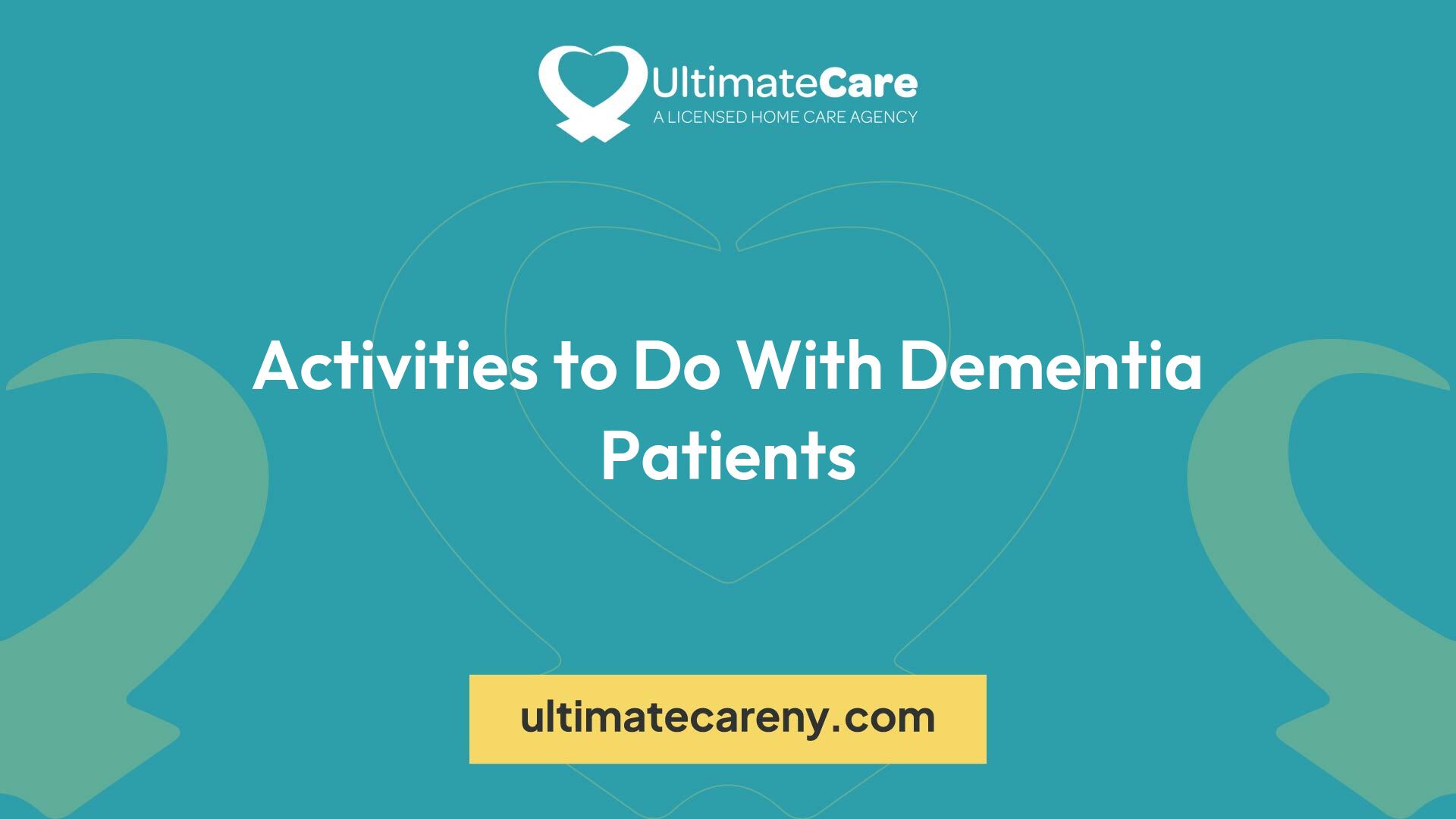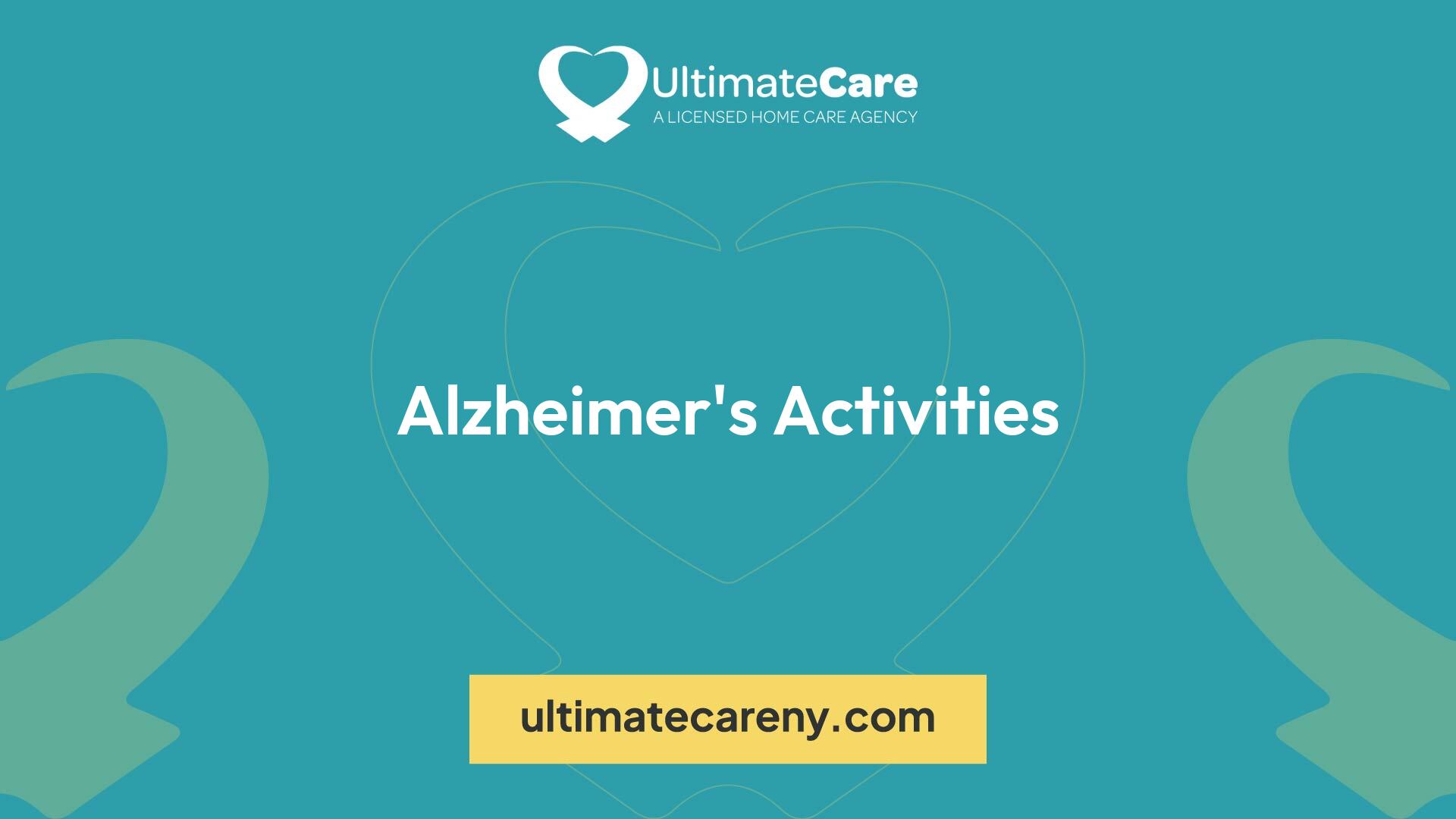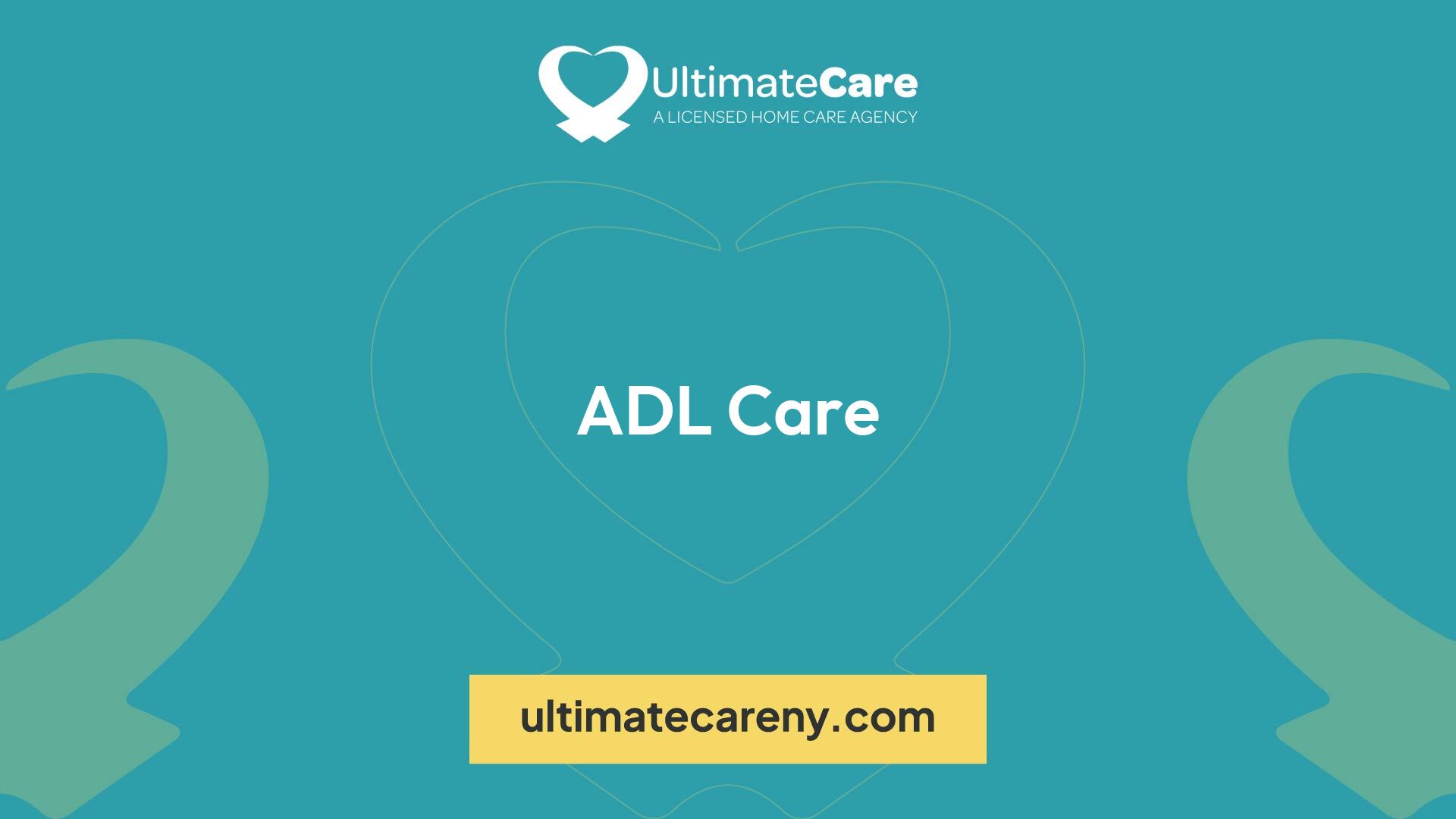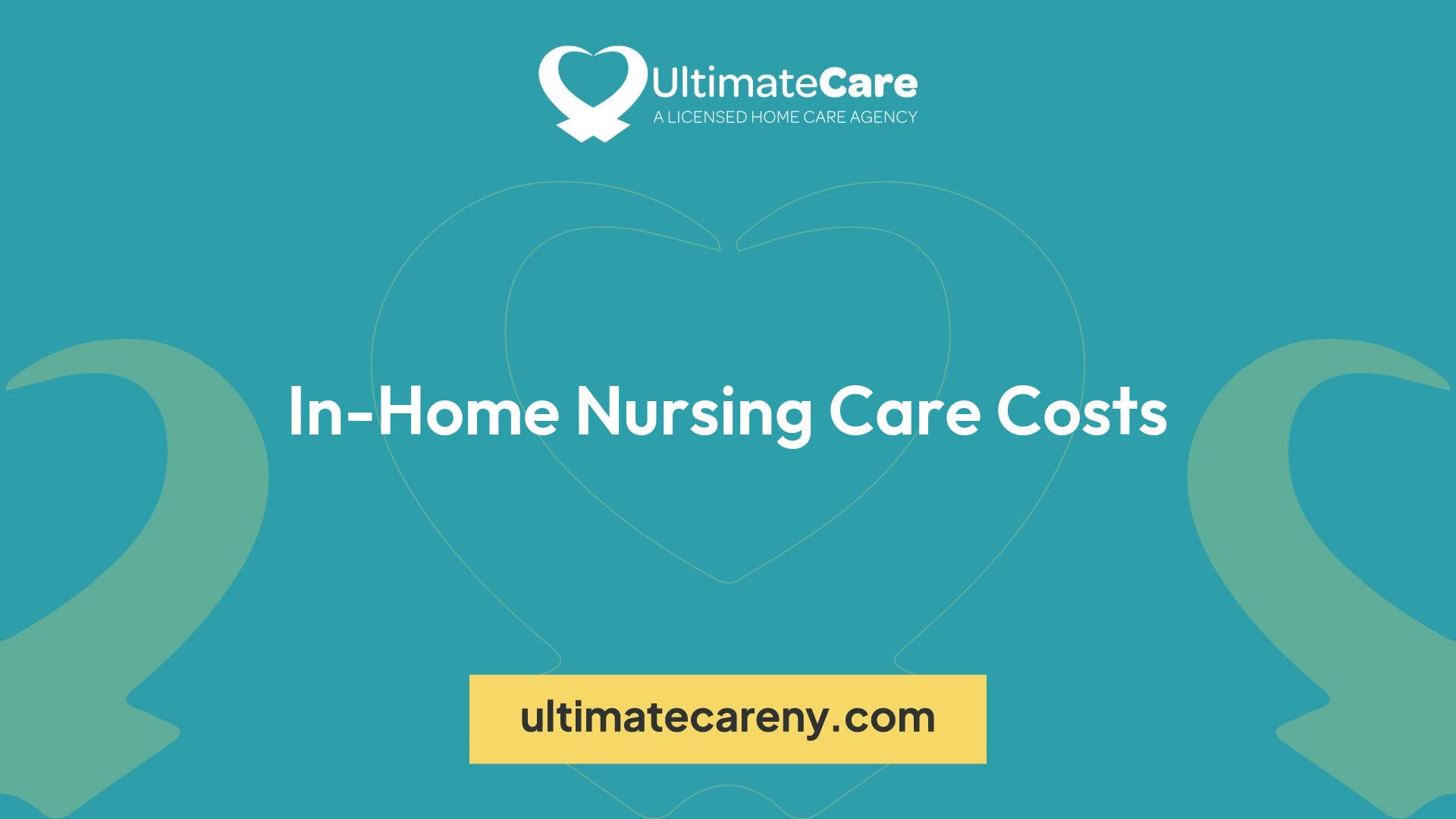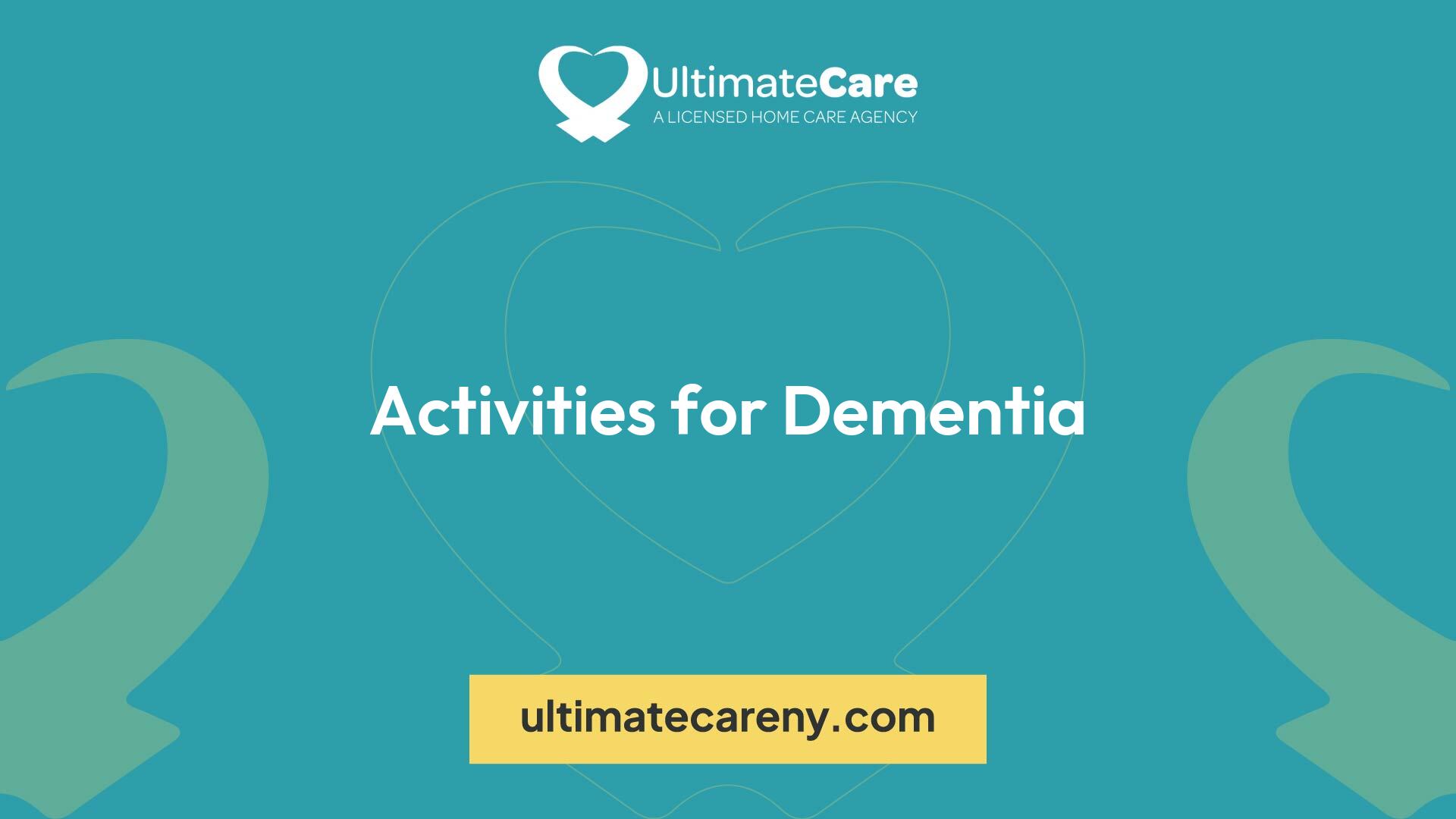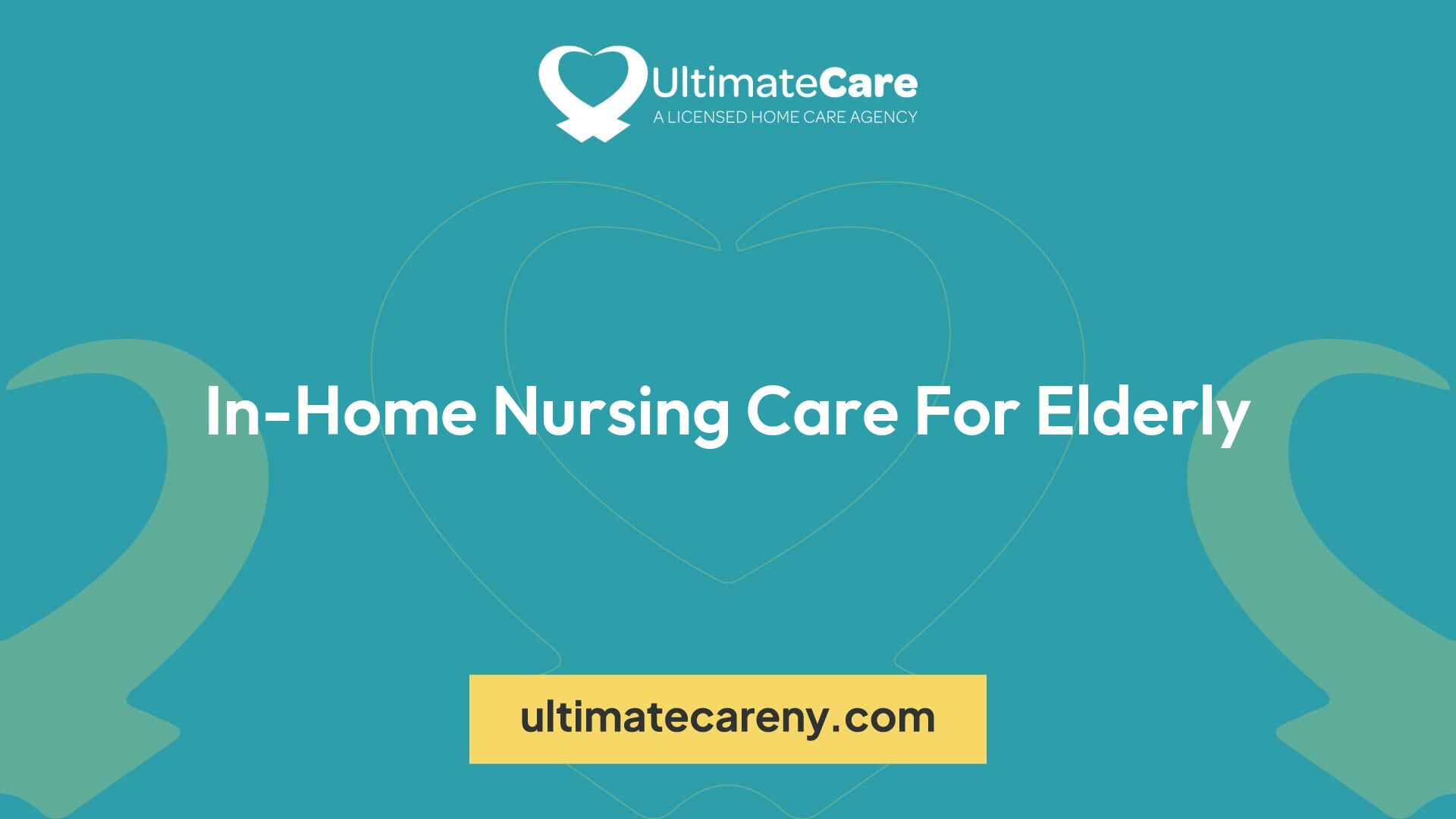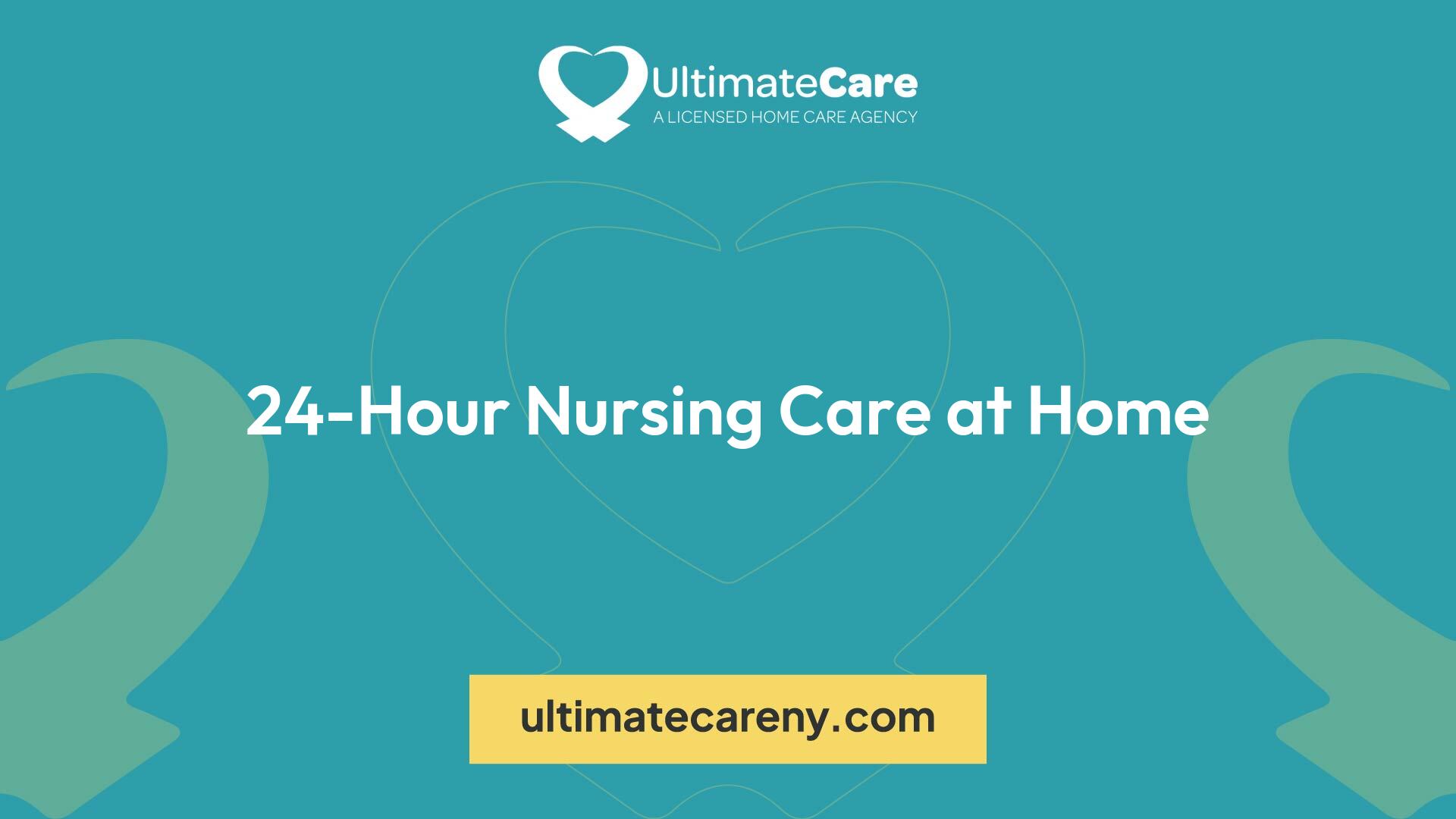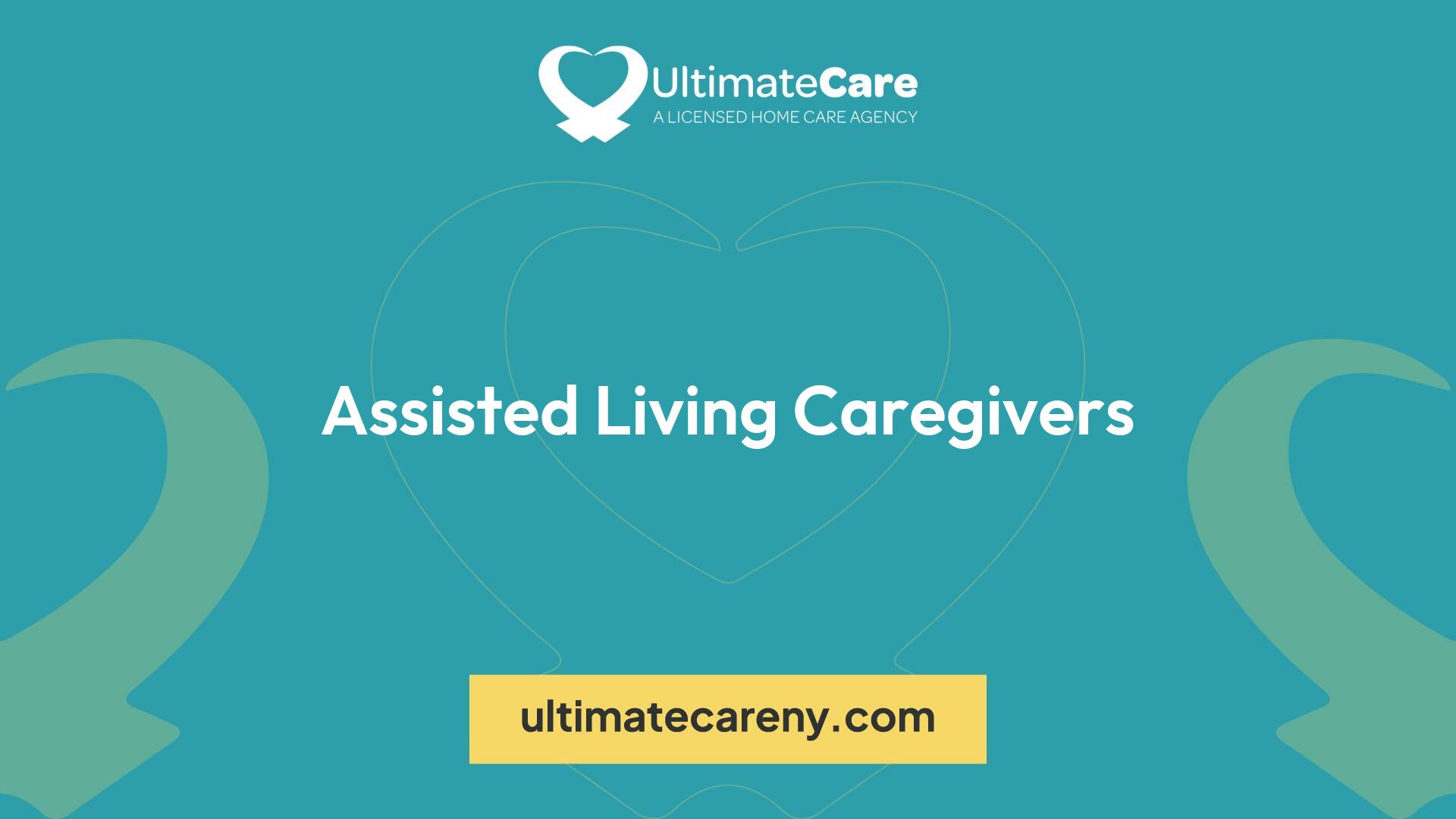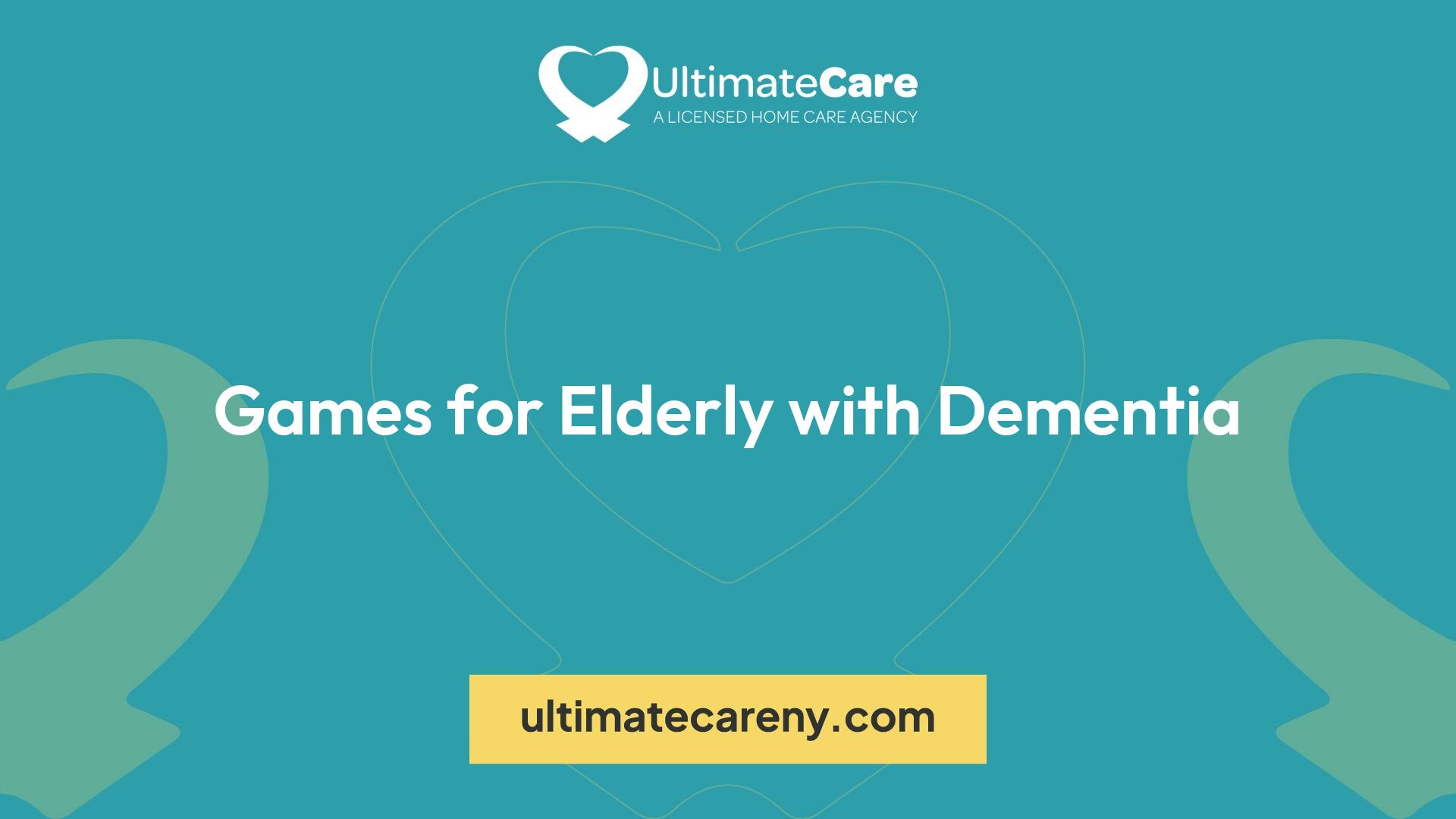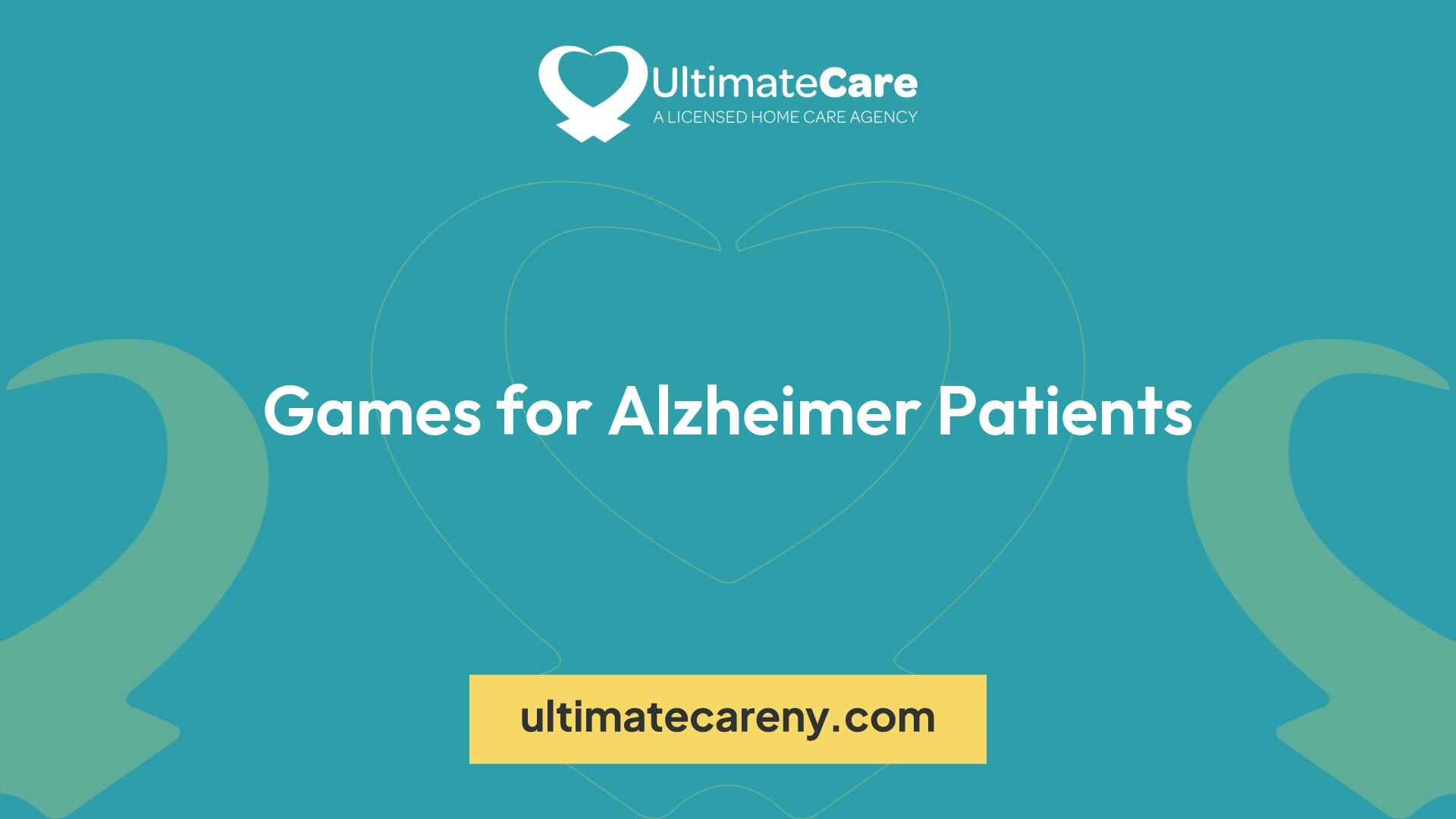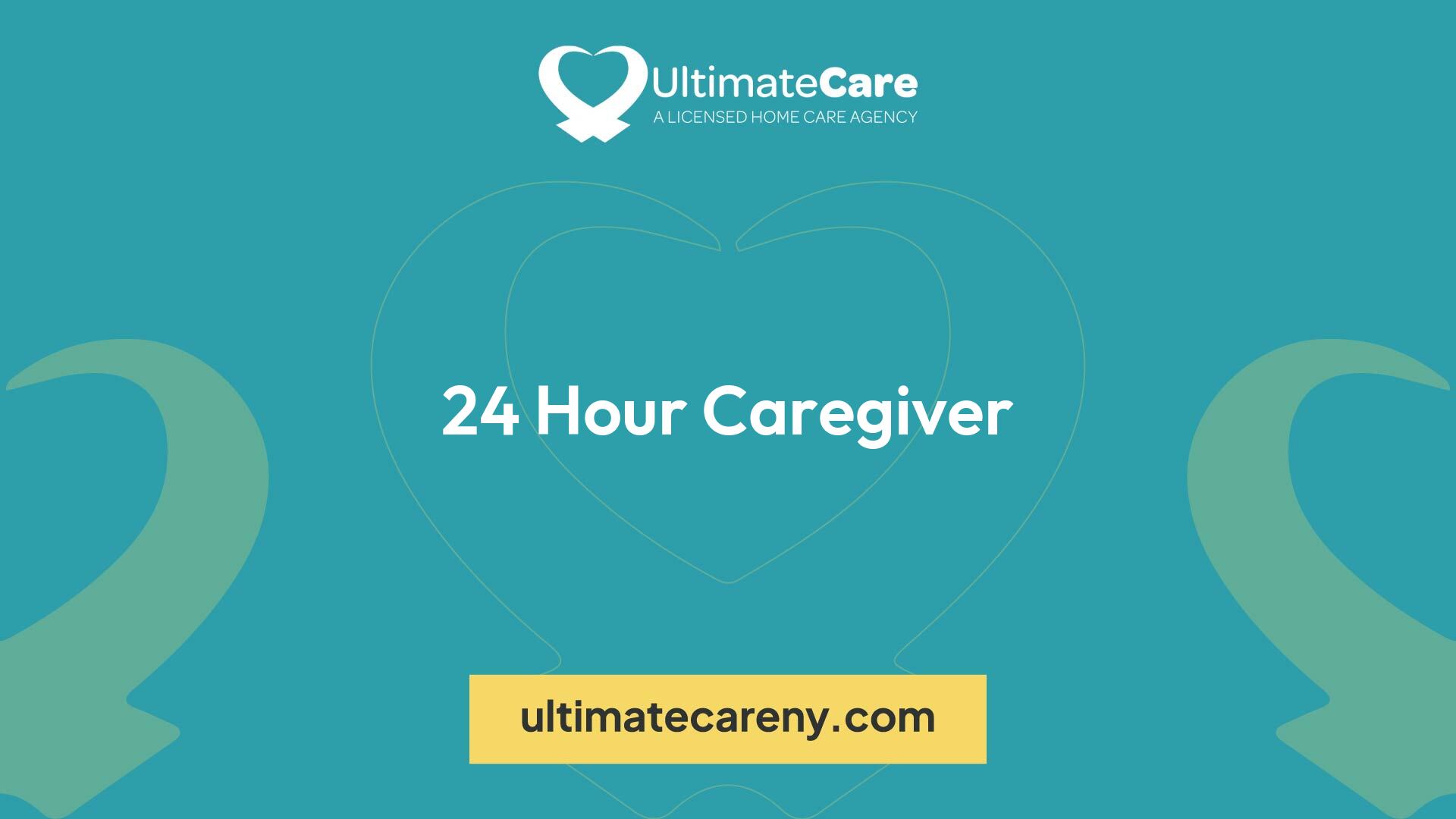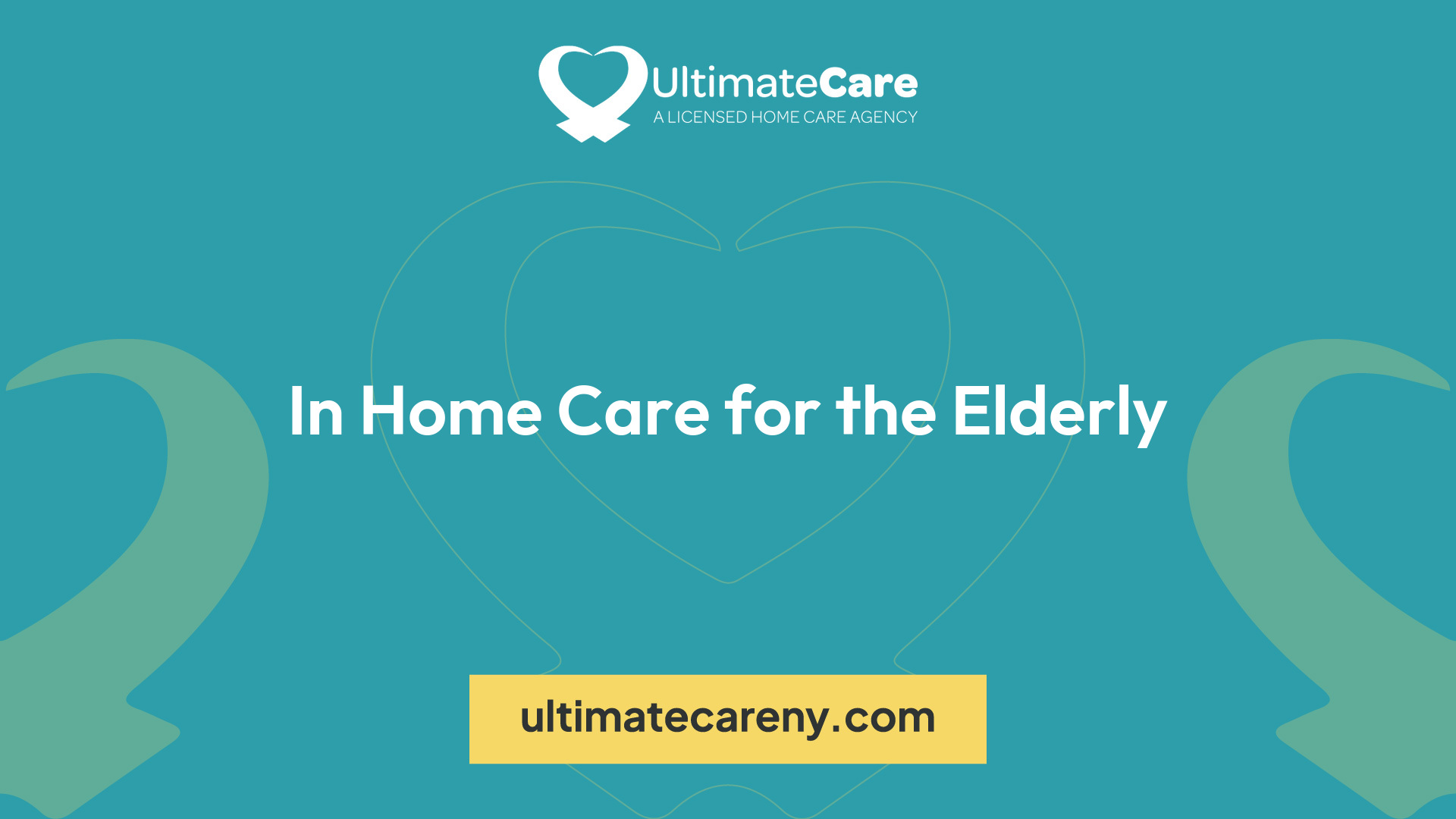Coping with Caregiver Burnout
Discover effective ways of coping with caregiver burnout. Learn self-care strategies and seek support to regain balance and well-being.
The information provided in this article is for educational purposes only. If you have medical questions or concerns, please contact a qualified health care professional.
Before beginning any new exercise program, it's essential to seek advice from your healthcare provider to ensure it's safe and appropriate for your individual health condition and fitness level.
Understanding Caregiver Burnout
Caregiver burnout is a state of physical, emotional, and mental exhaustion that occurs when individuals devote the majority of their time, energy, and resources to taking care of others, neglecting their own well-being in the process. This phenomenon is commonly experienced by individuals who provide care for loved ones, such as family members or friends, who are ill, disabled, or elderly.
Definition and Causes
Caregiver burnout is characterized by feelings of overwhelming stress, fatigue, and a sense of being emotionally drained. It can result from the demands and responsibilities associated with caregiving, which often include providing assistance with daily activities, managing medications, coordinating medical appointments, and addressing the emotional needs of the care recipient. Over time, the continuous strain of caregiving without adequate self-care can lead to burnout.
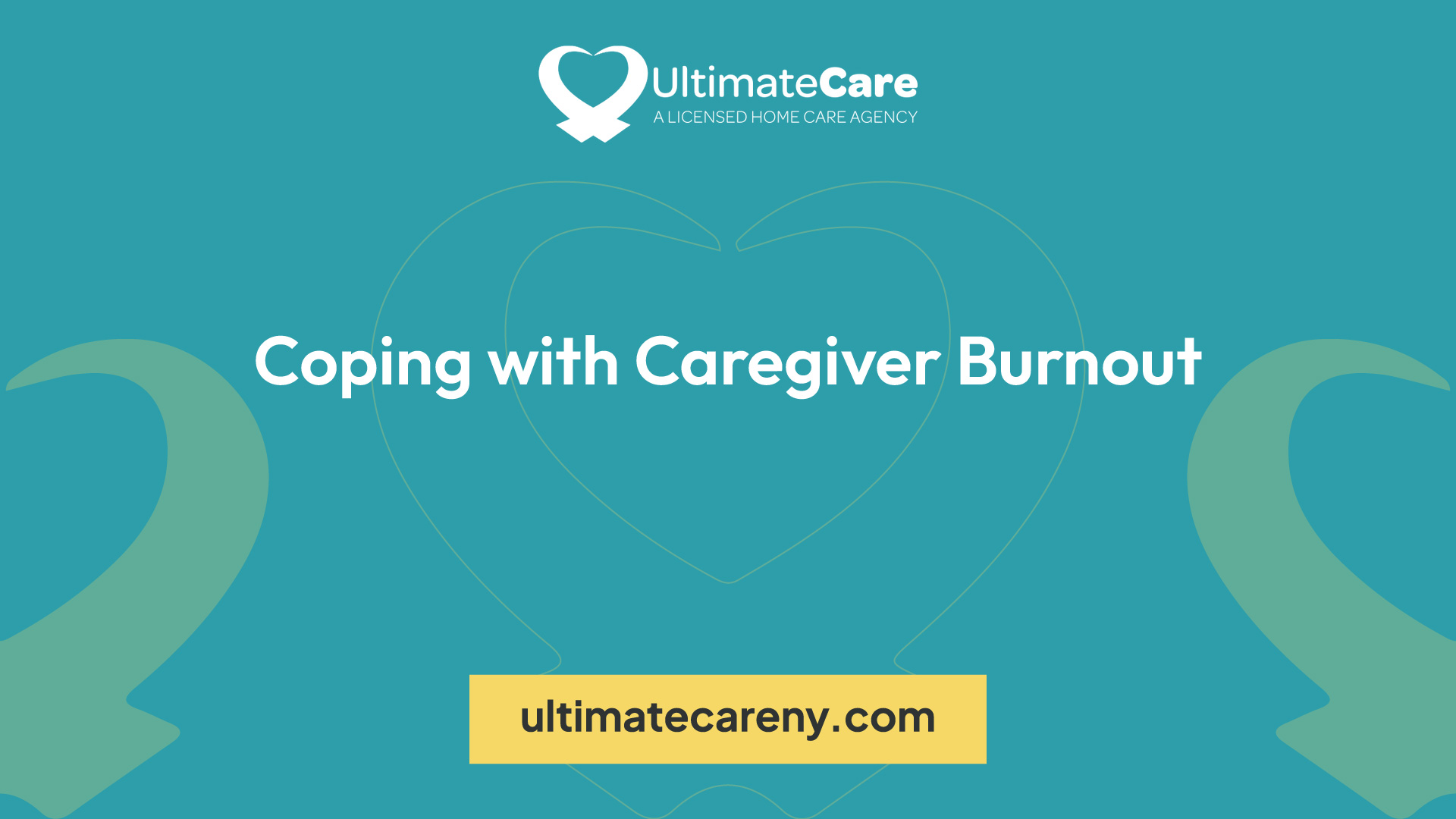
Impact on Health
The impact of caregiver burnout extends beyond the individual's emotional well-being. It can also have detrimental effects on their physical health. Caregivers experiencing burnout may neglect their own preventive check-ups and necessary medical treatments, thereby compromising their own health. This can have a ripple effect, affecting not only the caregiver but also the well-being of the person under their care.
The toll of caregiver burnout is not limited to physical health. It can also have significant psychological, financial, and social consequences. Caregivers may experience feelings of exhaustion, stress, withdrawal, anxiety, and depression as a result of the ongoing demands and responsibilities of caregiving. The emotional strain can make it challenging for caregivers to engage in their own self-care, maintain social connections, and pursue personal interests.
To prevent caregiver burnout, it is crucial for caregivers to recognize the signs and symptoms early on and take proactive steps to address them. Seeking support, practicing self-care, and establishing a balance between caregiving responsibilities and personal well-being are essential for maintaining the health and well-being of both the caregiver and the person receiving care. For more information on supporting family caregivers and coping with caregiver burnout, visit our articles on supporting family caregivers and coping with grief in home care.
Remember, caregiver burnout is a serious issue, and seeking professional help, such as therapy and counseling, can be beneficial in managing the emotional challenges associated with caregiving. Additionally, building resilience through various techniques can help caregivers navigate the demands of their role more effectively. By recognizing the signs of burnout and taking proactive steps to address it, caregivers can better care for themselves and provide the support needed by their loved ones.
Signs and Symptoms of Burnout
Being a caregiver can be physically and emotionally demanding, often leading to caregiver burnout. Recognizing the signs and symptoms of burnout is crucial in addressing and managing this condition effectively.
Physical and Emotional Signs
Caregiver burnout can manifest in various physical and emotional signs, affecting both the caregiver and the person receiving care. Some common physical signs include:
- Fatigue and exhaustion
- Sleep disturbances
- Headaches or migraines
- Weakened immune system
- Digestive issues
- Chronic pain
Emotionally, caregivers experiencing burnout may exhibit:
- Increased irritability and impatience
- Feelings of helplessness and hopelessness
- Anxiety or depression
- Lack of motivation or interest in previously enjoyed activities
- Increased sensitivity to criticism or rejection
It's important to note that the symptoms can vary from person to person. If you or someone you know is experiencing these symptoms, it's essential to seek support and take steps to address caregiver burnout.
Behavioral Changes
Caregiver burnout can also lead to behavioral changes that may indicate the presence of burnout. These changes can include:
- Withdrawal from social activities and relationships
- Neglecting personal needs and self-care
- Increased use of substances like alcohol or drugs as a coping mechanism
- Difficulty concentrating or making decisions
- Neglecting responsibilities or feeling overwhelmed by them
These behavioral changes can have a significant impact on the caregiver's overall well-being and quality of life. Recognizing these signs and seeking help is crucial to prevent the situation from worsening.
If you or a caregiver you know is experiencing burnout, it's important to remember that seeking support is not a sign of weakness. There are various resources available, including mental health support at home and organizations dedicated to supporting family caregivers. Taking care of your own well-being is essential for providing the best care for your loved ones.
Preventing and managing caregiver burnout involves implementing strategies for self-care, seeking support, and maintaining open communication. By addressing the signs and symptoms early on, caregivers can better manage the challenges they face and improve their overall quality of life. For more information on the importance of communication in caregiving, refer to our article on the importance of communication.
Managing Caregiver Stress
When it comes to coping with caregiver burnout, managing caregiver stress is essential. Caregiving can be physically, mentally, and emotionally demanding, making it crucial for caregivers to prioritize their own well-being. Two key aspects of managing caregiver stress include the importance of self-care and seeking support.
Importance of Self-Care
Failing to practice self-care habits contributes to the stress caregivers feel and the problems they may experience with their own physical, mental, and emotional health. The likely outcome for a caregiver who is not taking care of themselves is burnout, a state of emotional exhaustion resulting from too many demands on one's energy, strength, or resources [3].
Self-care involves taking intentional steps to prioritize one's own needs and well-being. It can include activities such as engaging in hobbies, practicing relaxation techniques like yoga or meditation, getting regular exercise, and taking breaks to rest and recharge. Good sleep is also crucial for caregivers, and those who have trouble sleeping should consult a healthcare professional for assistance. By practicing self-care, caregivers can better manage their stress levels and maintain their own overall health and well-being.
Seeking Support
Caregivers should not hesitate to seek support from others. Building a network of support can provide emotional validation, practical assistance, and a sense of belonging. This support can come from family members, friends, support groups, or professional organizations. Connecting with others who are going through similar experiences can be particularly beneficial, as it provides a sense of understanding and shared knowledge.
In addition to seeking support from peers, caregivers can also benefit from professional assistance. Therapy and counseling can provide a safe space for caregivers to express their feelings, learn coping strategies, and gain insights into their role as a caregiver. Professionals can also help caregivers develop resilience and provide guidance on how to navigate the challenges they face.
Taking advantage of available resources and support services is crucial for caregivers. These resources can include respite care programs that offer temporary relief by providing substitute caregivers to take over responsibilities [3]. It's important for caregivers to remember that seeking support is not a sign of weakness but rather a sign of strength and a recognition of the challenges they face.
By emphasizing self-care and seeking support, caregivers can better manage their stress levels and reduce the risk of burnout. Prioritizing their own well-being allows caregivers to continue providing the care and support their loved ones need while also maintaining their own health and quality of life. Remember, caregiving is a demanding role, and caregivers deserve to prioritize their own well-being alongside the care they provide. For more resources on supporting family caregivers, visit our article on supporting family caregivers.
Strategies for Coping with Burnout
When faced with caregiver burnout, it's essential to implement strategies that promote self-care and provide much-needed support. Here are two effective strategies for coping with burnout: respite care and self-compassion practices.
Respite Care
Respite care is a crucial aspect of caregiver support that allows caregivers to take breaks and recharge. It provides temporary relief from caregiving responsibilities, allowing caregivers to attend to their own needs, rest, and engage in activities that bring them joy. Respite care is available in various forms and can be scheduled for a few hours, days, or even weeks, depending on the caregiver's individual needs and circumstances [4].
Taking advantage of respite care can be challenging for caregivers. However, it is one of the best things they can do for themselves and the person they are caring for. By taking a break, caregivers can prioritize their own self-care and well-being. Respite care options include in-home care, adult day care centers, and short-term residential facilities, among others. Exploring and utilizing these options can provide caregivers with the relief they need to prevent burnout and maintain their own physical and mental health.
Self-Compassion Practices
Self-compassion practices are essential for caregivers to cultivate self-care and resilience. Caregiving can be emotionally and physically demanding, and it is crucial for caregivers to be kind and understanding towards themselves. This involves recognizing and accepting their own limitations, forgiving themselves for any perceived shortcomings, and practicing self-care without guilt or self-criticism.
Self-compassion practices can include activities such as meditation, mindfulness exercises, journaling, or engaging in hobbies and activities that bring joy and relaxation. These practices enable caregivers to nurture their own well-being and build emotional resilience, helping them better cope with the challenges of caregiving. Seeking support from friends, family, or support groups can also provide a valuable outlet for caregivers to share their experiences, receive validation, and gain insights from others who may be going through similar situations.
By incorporating respite care and self-compassion practices into their caregiving routine, caregivers can better manage and cope with burnout. Remember, recovery takes time and patience, and it may be necessary to try different strategies, such as group or talk therapy and meditation, to find the best approach for individual needs. Taking care of oneself is not selfish but vital for both the caregiver's well-being and the quality of care they can provide to their loved ones.
Preventing Caregiver Burnout
Taking proactive steps to prevent caregiver burnout is essential for maintaining physical and emotional well-being. Prioritizing sleep and nutrition, as well as fostering social connections, can significantly contribute to preventing burnout.
Sleep and Nutrition
Getting adequate sleep is crucial for caregivers to maintain their health and well-being. Lack of sleep can exacerbate stress and make it more challenging to cope with the demands of caregiving. Caregivers who have trouble sleeping should consult a healthcare professional for assistance.
Maintaining a balanced and nutritious diet is another important aspect of preventing caregiver burnout. Caregivers should prioritize regular, well-balanced meals and avoid processed foods and high refined sugars. Reducing alcohol intake can also contribute to overall health and well-being. By nourishing the body with healthy foods, caregivers can optimize their energy levels and promote optimal physical and mental function [5].
Social Connections
Caregiving can sometimes be isolating, and caregivers may feel a sense of loneliness or lack of support. It is important for caregivers to remain socially connected and seek support from their network. Joining local caregiver support groups can provide an invaluable opportunity to connect with others who are experiencing similar challenges. These groups offer a safe space for caregivers to share their experiences, gain insights, and receive emotional support.
Maintaining social connections outside of the caregiving role is also crucial. Caregivers should make an effort to engage in activities that bring them joy and allow them to connect with friends and family. By nurturing relationships and seeking support, caregivers can feel less isolated and more resilient in their caregiving journey.
By prioritizing sleep, nutrition, and social connections, caregivers can proactively prevent burnout and better manage the challenges that come with caregiving. It is important to remember that caregivers need to take care of themselves in order to provide the best care for their loved ones. Seeking professional help when needed and engaging in self-care practices can further support caregivers in their crucial role.
Seeking Professional Help
When coping with caregiver burnout, seeking professional help can be instrumental in managing the overwhelming stress and emotional toll that caregiving can bring. Two effective avenues for professional support are therapy and counseling, as well as resilience building techniques.
Therapy and Counseling
Therapy and counseling provide a safe and confidential space for caregivers to explore their feelings, challenges, and concerns. A qualified therapist or counselor can offer guidance, support, and coping strategies specific to the caregiver's situation. They can help caregivers navigate the complex emotions associated with caregiving and provide tools to manage stress and burnout.
During therapy sessions, caregivers can work through their experiences, process grief or loss, and develop strategies to improve their well-being. Therapists can also help caregivers identify and address any underlying mental health concerns, such as anxiety or depression. It's important to remember that seeking therapy does not indicate weakness; rather, it demonstrates a commitment to one's own mental health and overall well-being.
Resilience Building
Resilience building techniques focus on strengthening a caregiver's ability to cope with stress and adversity. These techniques can be learned through workshops, support groups, or self-help resources. By enhancing resilience, caregivers can develop the necessary skills and mindset to navigate the challenges of caregiving more effectively.
One effective way to build resilience is through mind-body practices like yoga, tai chi, meditation, and deep relaxation techniques. These practices activate the relaxation response, promoting self-care and reducing stress levels. Caregivers can also cultivate self-compassion, which involves treating themselves with kindness and understanding. Practicing self-compassion allows caregivers to acknowledge the difficulty of their role and prioritize their own well-being [5].
By prioritizing their health and seeking professional help, caregivers can better address their own needs and find support in managing caregiver burnout. Remember, taking care of oneself is not selfish, but rather a crucial step towards providing the best care for a loved one. For more information on supporting family caregivers, visit our article on supporting family caregivers.



